-
BE@RBRICK - "Andy Warhol x Jean Michel Basquiat" (brown) 400% & 100%
Regular price $220.00 USDRegular priceUnit price per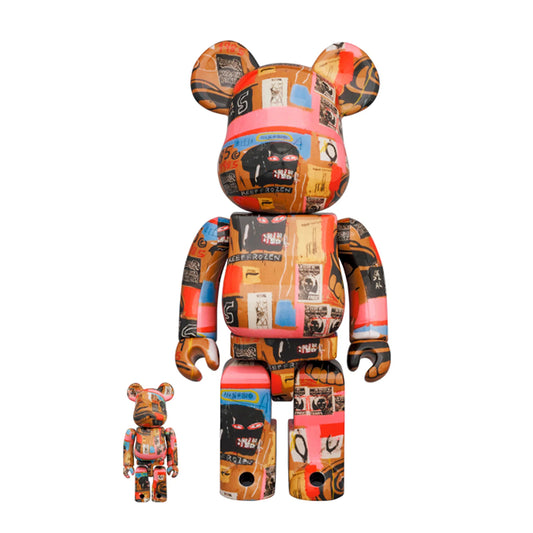
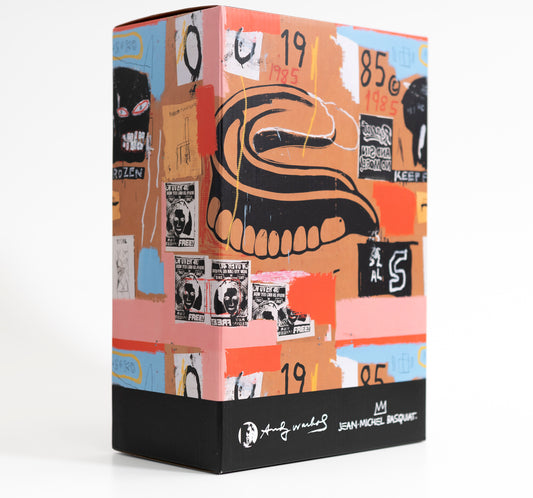
-
BE@RBRICK - "Andy Warhol x Jean-Michel Basquiat #2" 1000%
Regular price $850.00 USDRegular priceUnit price per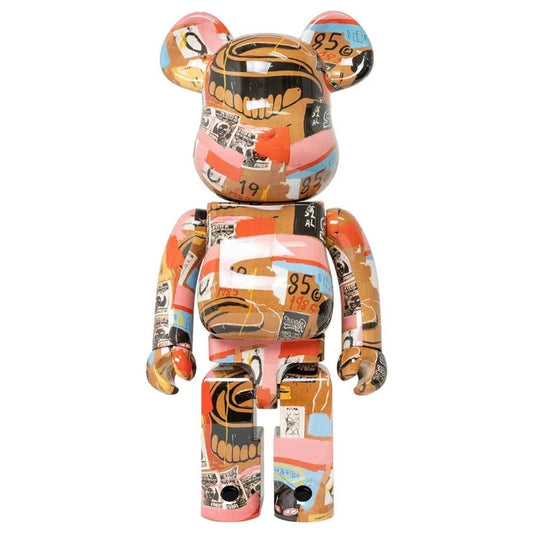
-
BE@RBRICK - "Andy Mouse" series 43 100% [Andy Warhol]
Regular price $25.00 USDRegular priceUnit price per![BE@RBRICK - "Andy Mouse" series 43 100% [Andy Warhol]](//artilleriegallerie.com/cdn/shop/files/BEARBRICKS-6702_533x.jpg?v=1699411586)
-
BE@RBRICK - "Andy Warhol x Muhammad Ali" 400% & 100%
Regular price $180.00 USDRegular priceUnit price per
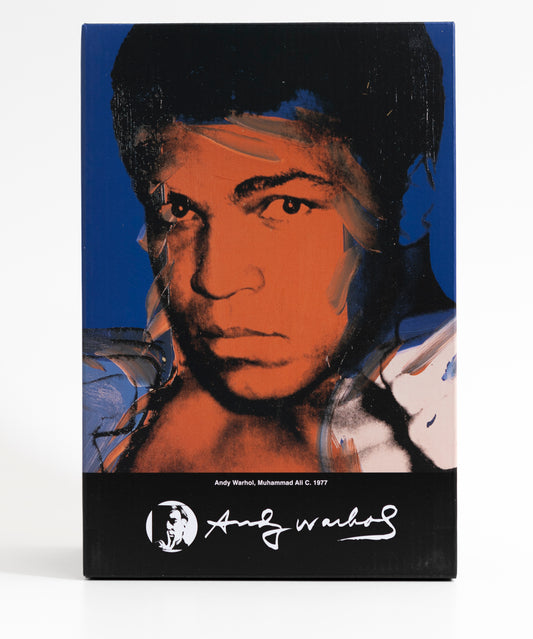
-
BE@RBRICK - "Andy Warhol x Jean Michel Basquiat" (New Flame) 400% & 100%
Regular price $325.00 USDRegular priceUnit price per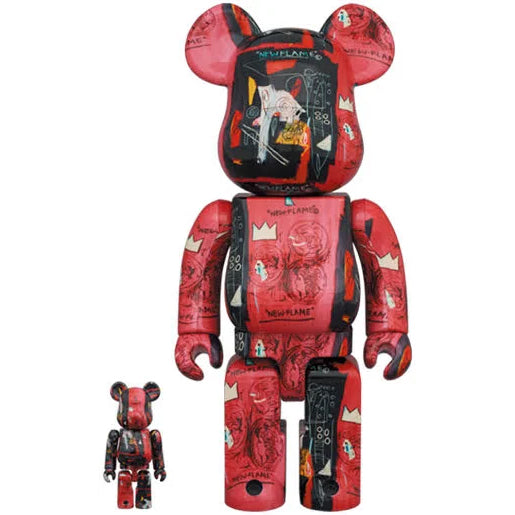
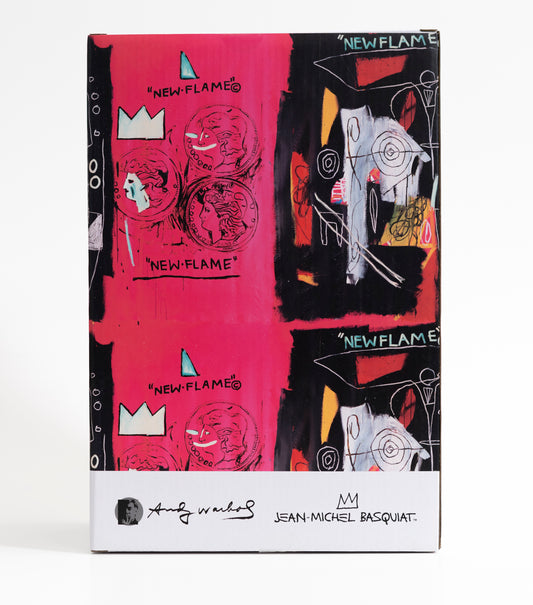
Andy Warhol's Factory and Mass Production
Andy Warhol, a pivotal figure in the Pop Art movement, transformed the art world with his innovative approach and unique style. Born on August 6, 1928, in Pittsburgh, Pennsylvania, Warhol initially pursued a career in commercial illustration before achieving fame as an artist. His work blurs the boundaries between high art and popular culture, utilizing everyday consumer goods and mass media images as subjects.
Warhol's iconic art, such as the Campbell's Soup Cans and Marilyn Monroe series, exemplifies his technique of elevating mundane objects to the status of fine art. Through his use of silkscreening, Warhol was able to produce multiple versions of his works, challenging traditional notions of originality and authorship in art.
In the 1960s, Warhol founded The Factory, his New York City studio, which became a hub of artistic and social activity. This Factory studio, often referred to as the Silver Factory, was where Warhol produced not only his famous prints but also experimental films, including "Chelsea Girls" and "Empire." His work during this period was marked by a fascination with celebrity culture, consumerism, and the interplay between media and identity.
Warhol's influence extended beyond visual art into music, film, and fashion. He managed and produced albums for The Velvet Underground, significantly shaping the landscape of the 1960s counterculture. His publication, "Interview" magazine, further cemented his role as a cultural tastemaker. Warhol's collaborations with notable figures like Edie Sedgwick and his colorful paintings became emblematic of the avant-garde scene.
Despite his commercial success, Warhol's work often sparked controversy, prompting discussions about the nature of art, commerce, and fame. His approach to art-making, characterized by repetition and mass production, continues to influence contemporary artists and resonates in today's digital age. His artistic techniques, including screen tests and self-portraits, provided insight into society and fame.
Andy Warhol, an LGBTQ+ artist, also explored themes of identity and self-expression in his work. The Factory Diaries, a collection of Warhol’s daily recordings, offer a glimpse into his life and the vibrant New York City art scene. Events like The Exploding Plastic Inevitable highlighted Warhol's innovative approach to multimedia art.
Warhol's legacy and influence as a visionary artist and cultural icon endure, reflecting his profound impact on the art world and pop culture. His ability to anticipate and shape trends makes him a central figure in 20th-century art history. Warhol died on February 22, 1987, but his work remains as relevant and influential as ever, embodying the Warholian spirit of creativity and exploration.




![BE@RBRICK - "Andy Mouse" series 43 100% [Andy Warhol]](http://artilleriegallerie.com/cdn/shop/files/BEARBRICKS-6702_533x.jpg?v=1699411586)



